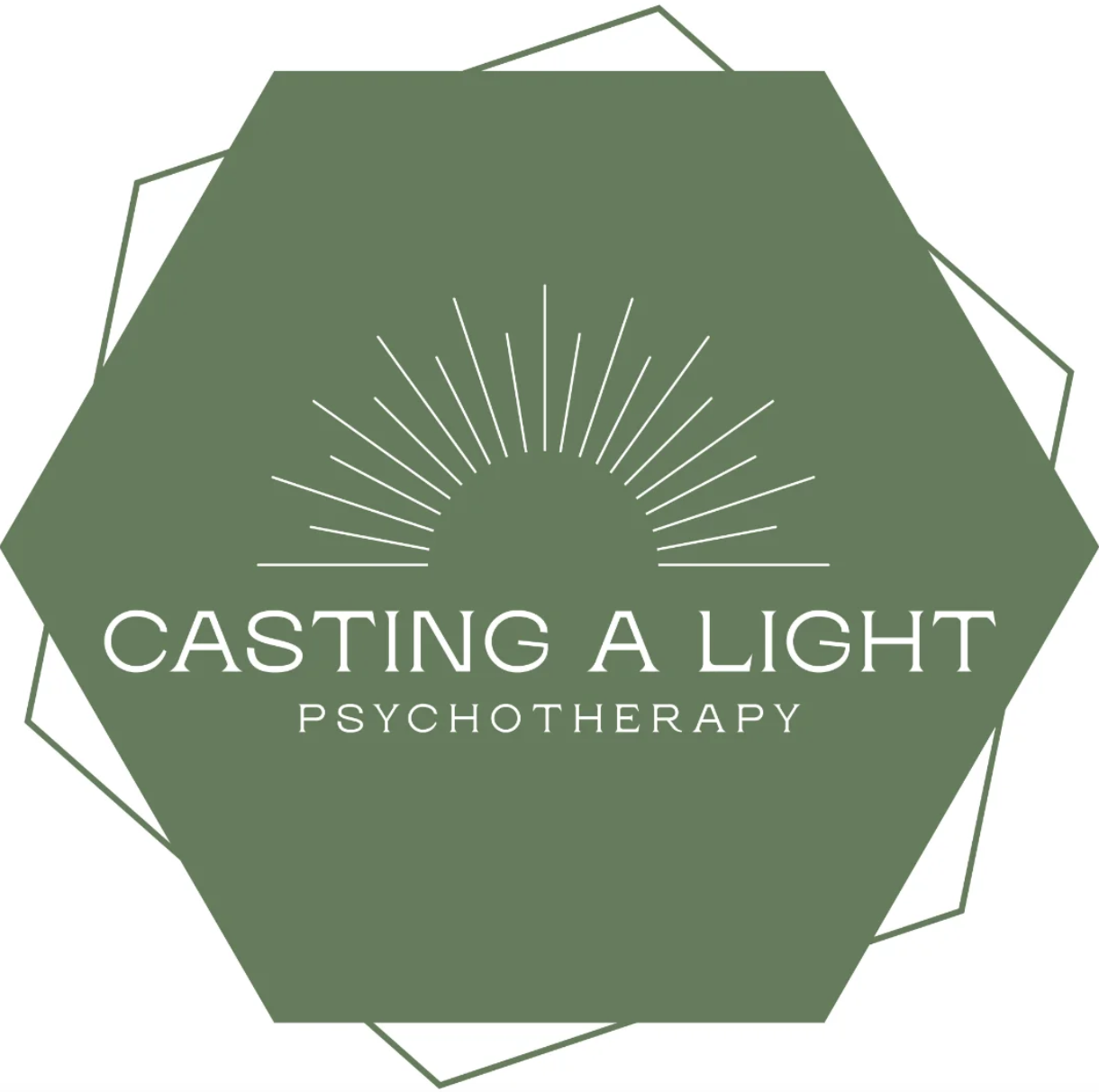FAQs
-
Tuesday 8:30am – 2:30pm
Wednesday 12:30pm - 7:30pm
Thursday 1:30pm - 7:30pm
Friday 9:30am - 4:30pm
Saturday 9am - 3pm
Please note these hours reflect when Jordan generally sees clients and does not indicate current availability. Occasionally, Jordan may offer an appointment outside of normal business hours on an emergency and/or case-by-case basis at her discretion.
-
Many clients prefer to have a phone screening prior to meeting with a therapist to help get a sense of whether or not they jive, but it is not required. The consult call is not therapy, so Jordan will not provide a diagnosis, strategies to cope, or psychoeducation, but she will inquire about what brings you to therapy at this time and will encourage prospective clients to ask her questions as well. One of the goals of this call is to determine if Jordan’s experience aligns with your needs based on the information you provide. This is also a good time to see how it feels to speak with one another, not everyone will flow together and that's okay!
Finding the right fit is crucial, and if it turns out that Jordan is not the best match for you, she will offer referrals to other practitioners who may be a better fit.
If you and Jordan decide that you are a good match, she will send you the necessary paperwork and help schedule your first session. If you plan to use insurance, be sure to verify your coverage with your insurance provider to understand your financial responsibilities, which are due at the time of service.
-
During the intake process, Jordan will start the session by verbally running through confidentiality and limits to confidentiality, practice policies and creating space for questions. After that, you'll have the opportunity to share what brings you to therapy at this time. Together, we'll explore various facets of your life and significant moments to help Jordan understand what makes you uniquely you. This process is guided by your comfort level—you're invited to share as much or as little as feels right for you. Jordan makes it a point to acknowledge you are just meeting for the first time and there is no expectation to share more than you are ready for.
Jordan is particularly mindful that many clients come to Casting a Light with various levels of trauma. Trauma is often described as "too much, too fast." With this in mind, we’ll take our time, moving slowly and offering support and resources as needed. The intake process typically takes one to three sessions, depending on the individual, and is designed to be a safe space where you can begin to identify what you hope to work on in therapy and what you hope to gain from our time together.
Recognizing that revisiting the past can be challenging, this process also serves as a powerful opportunity to begin learning and practicing regulation tools. These tools will support you not just during intake but throughout your therapeutic journey.
FOR COUPLES/POLYCULES: The above information will largely still apply (aside from the # of sessions quoted above for the intake process) however, Jordan will take a more structured approach compared to individual therapy, following the Gottman Method and utilizing their assessment tools. The process begins with 2-3 group sessions, where Jordan explores the relationship history with all parties and observes a conflict discussion. Following these sessions, she meets with each partner individually for 1-2 sessions to gain a deeper understanding of them as individuals and within the relationship. Partners will also complete an online assessment about their relationship. All the information gathered through these sessions combined with the assessment is then compiled into a comprehensive treatment plan.
Once the treatment plan is finalized, Jordan conducts a feedback session with all parties to review it, and the treatment phase will begin from there. Please note, the Gottman assessment is a one-time additional cost of $195 that insurance does not reimburse for. This covers The Gottman Assessment + Therapist’s Review and Tailored Couples’ Treatment Plan.
-
For Individuals: After the intake process, clients have the opportunity to dive deeper into whatever feels most relevant—whether it’s something that has come up since the last session or a specific issue related to their history or treatment goals. This might involve navigating challenging conversations with others, processing unexpected or triggering events, or addressing current stressors. Alternatively, the focus might be on revisiting past traumas to provide missing resources and/or reprocessing, engaging in Parts work, or regulating the nervous system and body.
Most clients find that sessions vary depending on what’s happening in their lives at any given time. Some sessions may delve deeper, while others might be more surface-level, and everything in between. This variation is a normal part of the process, allowing time to integrate and sometimes transform what has already been uncovered. Jordan trusts that your system knows what’s best for you.
Given that Jordan specializes in relational trauma, many clients work with her long-term (for many years), especially if they have attachment injuries. Therapy can become a space where clients experience secure attachment, with repairs often occurring over time through consistency. However, therapy is highly individualized, and some clients may come for shorter periods with more specific goals and therapy may only last weeks to months in this case.
Jordan collaborates with clients to determine what they’re looking for in therapy. If there are questions about how long something may take, she is happy to discuss that in more detail. For long-term clients, session frequency is addressed as needed, and there may be times when it feels right to take breaks and return when more support is required. Each therapeutic journey is unique, and that’s perfectly okay.
Throughout the therapy process, Jordan may also suggest referrals to other practitioners, both within and outside the mental health space, to support clients’ holistic well-being. However, these are invitations and not requirements.
For Couples/Polycules: Therapy at this stage primarily focuses on the interventions outlined in the individualized treatment plan discussed with you during the final phase of the Gottman intake process.
As those in relationship achieves the necessary basic relational skills, Jordan incorporates psychoeducation and additional modalities, such as IFS, SE, regulation techniques, and EFT, to further support your relationship goals. Most sessions involve working with all partners, but there may be times when one partner is the focus, depending on the situation.
While it is generally recommended that each partner has their own individual therapist during couples or relational work, Jordan emphasizes that this isn’t a requirement. Having separate therapists helps maintain the relational space for the relationship as a unit, but she understands that life can be complex, and some clients may need additional support or have limited resources, which is perfectly okay.
As a relational therapist, Jordan often works with couples or relationships over extended periods of time, supporting them through life transitions and helping them develop the skills to sustain a healthy relationship outside of therapy. However, some relational work may be more focused and short-term, depending on the clients goals and what is or isn’t working in the relationship. Sometimes clients may discover that it is best to dissolve their relationship, therapy can continue to be supportive during this phase as well, though, the goal of therapy often changes.
Please note: Therapy is not a quick fix! I can not, and will not, promise a certain number of sessions will offer a specific result. Many factors determine the outcome. Please feel free to discuss any questions or concerns with Jordan directly.
-
Please let Jordan know as soon as possible if you need to cancel a session as Casting a Light Psychotherapy has a 24-hour cancellation policy. If canceling within 24-hours of your session, the late cancellation fee of the full cost of session will be charged. Unless we are able to reschedule within 72-hours of your original appointment and you show up for the rescheduled session. Please note there is no guarantee that there will be availability to reschedule and/or that the therapists availability will align with your schedule.
-
Jordan will contact you 15-minutes after the session was set to start as a courtesy. She will remain online until the session is scheduled to end. If you are unable to make it, this is considered a “No Show” and the full session fee will be charged without the opportunity to reschedule.
The policy is strict— Jordan often has a waitlist and ample notice allows her to try and schedule clients waiting for an appointment into that slot. If you are unsure whether you can make an appointment, please let her know as soon as you can, as earlier notice is always better.
“Our brains were not designed to live alone, but to live in a community of other brains— this is the finding of what is technically called interpersonal neurobiology. To recover from trauma we need the support of other human beings.”
-Carolyn Spring


